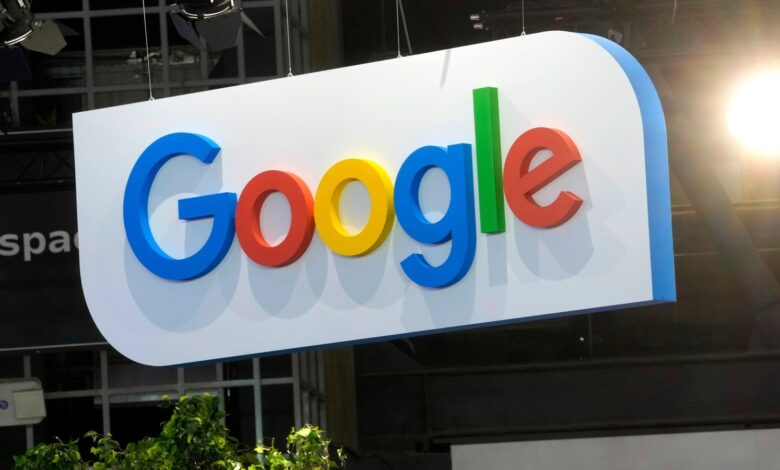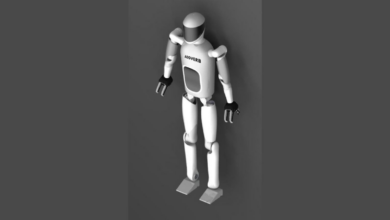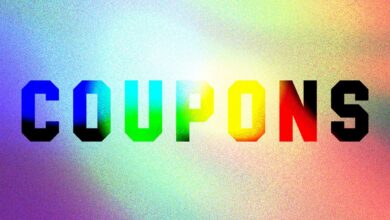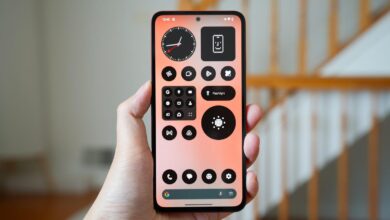Google AI helps detect blinding diseases and aids in waste classification in India

Google was optimistic about artificial intelligence for many reasons, one of which is its real-world implementation and its potential to help people live more comfortable lives. The company is currently collaborating with Indian organizations such as Forus Health and AuroLab to increase the frequency of diabetic retinopathy screening. Additionally, Google has collaborated with Saahas Zero Waste to promote waste segregation and even help farmers gain insights about their own farms through machine learning.
The recent announcements build on those made at this month’s Google for India event, where the company showcased the tangible benefits of AI, especially for countries like India .
Also read: iPhone SE 4 launched in 2025: What you can expect from Apple’s powerful mid-range smartphone
Google AI helps detect diabetic retinopathy in India
A key focus for Google in India is improving health screening, with a significant increase in diabetic retinopathy screening. For those who don’t know, diabetic retinopathy is a progression of diabetes that can lead to blindness if left untreated, making early detection on a large scale important. To address this problem, Google has stepped up its efforts by licensing its AI model for diabetic retinopathy to several healthcare providers and medical technology partners in India, including Forus Health, AuroLab and Perceptra in Thailand. The initiative is expected to support approximately 60,000,000 AI-assisted screenings in India and Thailand over the next decade at no cost to patients, especially in remote communities. community has limited resources.
Google also stated that AI model has facilitated more than 600,000 visits at clinics worldwide.
AI helps classify waste and identify recyclable materials
In terms of sustainability, Google highlights another major use case for AI and machine learning: waste management. The company has partnered with Saahas Zero Waste, a Bangalore-based social and environmental enterprise. Google will use the Circular model, an open source machine learning solution that helps sort plastic waste, improve recycling and reduce stress on landfills.
For those who don’t know, CircularNet, powered by TensorFlow, is Google’s free and open source machine learning library that has been trained on global datasets. It helps control the quality and check the quantity of waste before classification.
Saahas Zero Waste claims that Google’s ThongNet can achieve 85% accuracy in detecting plastic waste, increasing identification of high-quality recyclable materials and generating a 10-12% increase in revenue. Additionally, it is estimated that approximately 90% of recyclable waste could be diverted from landfills thanks to this implementation.
Also read: Infinix Zero Flip Review: Offers style, quality and functionality at a great price
The agriculture sector will also get a boost
Agriculture is another area where Google claims its AI has major applications. Google plans to open the Agricultural Landscape Insights API (ALU API) to developers—advancing the agricultural landscape across India by facilitating detailed insights at the individual farm level . This will be achieved by combining satellite imagery with machine learning models to identify fields, water bodies and vegetation boundaries.




